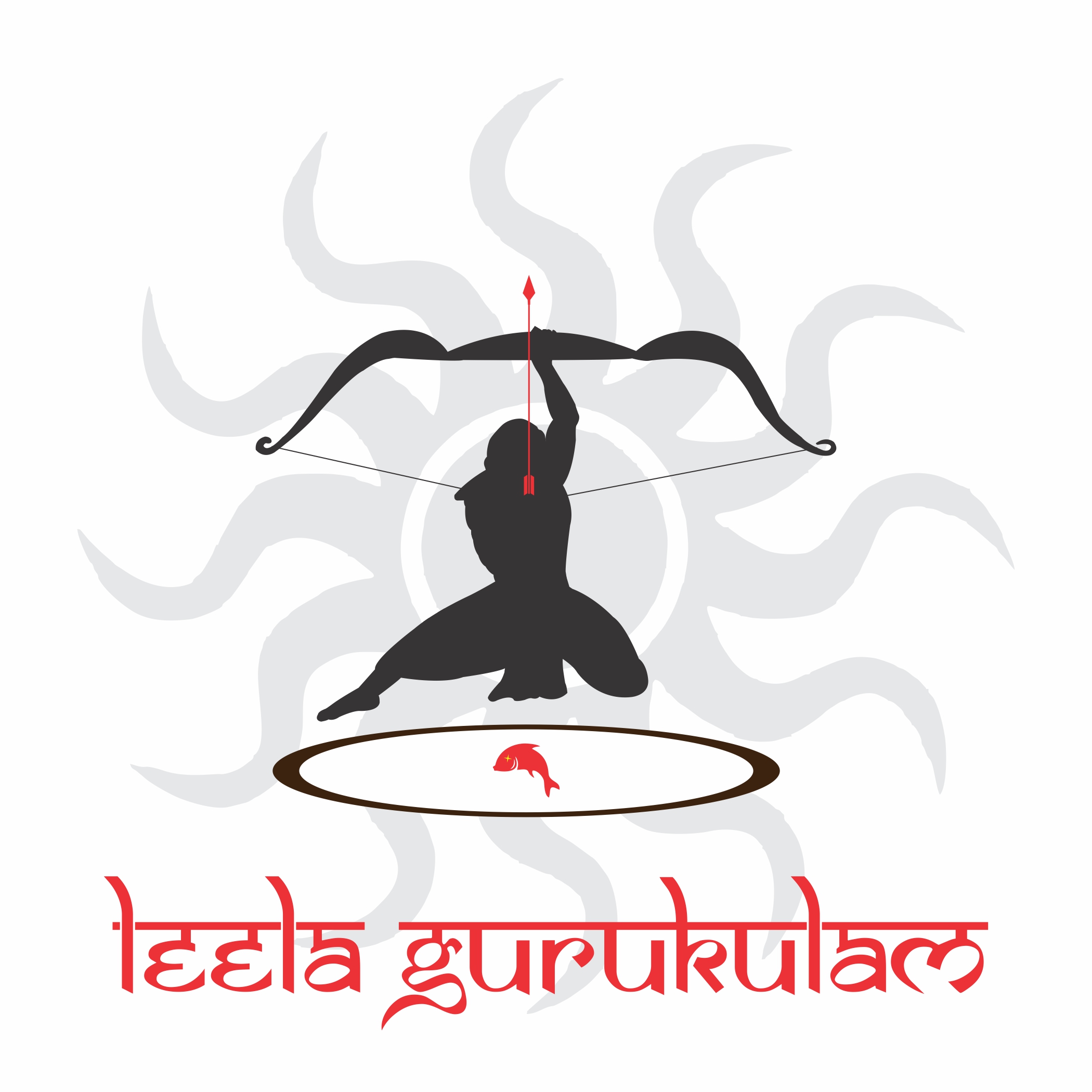What is Mindscape Methodology?
Mindscape Education Methodology is a modern approach to ancient Indian education systems. Mindscape uses “Play”, especially Board Games as tools to enhance learning potential and engage learners in the process of synthesizing knowledge. Application of knowledge is facilitated through art. Mindscape Learning Spaces are specially designed to facilitate this methodology and caters to children from birth to young adulthood. Parent participation and senior student mentorship is an integral part of Mindscape.
This methodology has been developed, enhanced and refined over the past 30 years and put into effective application since 2004. The first batch of Mindscape graduates have now carried forward and enhanced the scope of the methodology by establishing “Leela Gurukulam” – a Mindscape Learning Space, “Valli Edu Pvt Ltd” – an organization for play based content development, “Baby Leela” – an open play space for babies and “Leela Bhoomi” – Mindscape Training space for educators, parents and life coaches at Bangalore, India. The vision approach, guidance and techniques for Mindscape is rooted in the wisdom of Indian scriptures which are focused on Human Knowledge Systems and Learning.
What is the vision and approach to education and learning through Mindscape?
The Vision to provide holistic education, with content that is organic to human development in a self-paced zero pressure environment, using play.
Approach –
- Education is the facilitation of learning.
- Teaching can be planned and executed, but learning is an occurrence. They are not equal and opposite action – reaction sequences.
- A human being is a self aware energy being capable of receiving, transmitting and storing energy, designed for Self Knowledge.
- Education should enable knowledge to be divined from within a learner. Learning potential within a human being expresses when placed in a conducive field of energy.
- Brain and intelligence play only a part in the human learning mechanism.
- Parenting and cultural identity are integral parts of education.
- Children achieve milestones at their own unique pace, this includes expressions like reading and writing.
- Imagination is more important than intelligence.
Where does Mindscape derive guidance from?
Education should lead to development through 5 domains that make up a human being – Physical, Emotional, Mental/ Intellectual, Spiritual and Universal. This concept known in Sanskrit language as “Pancha Koshas” is given to us through the wisdom of the Rishis of Bharata, in scriptures and oral tradition followed by the Shivanetra lineage. This is also the guidance provided by the Govt of India in the National Curriculum Framework For School Education.
The rest of the 4 domains are related to self-realisation and develop through a process of metamorphosis – Egg → Larva → Pupa → Imago→ Egg →…….
Each stage of human development has a unique epistemology, i.e. what is known [knowledge] and how it is known [means to knowledge], which gets added on to the next stage.
1 – Egg stage – First 1100 days of life. 90 days before conception, 280 days of pregnancy and 730 days as an infant age 0 to 2.
- Before Conception
Knowledge sought by the Inner Self – What is Human Existence? What is the purpose of Human Life?
Means to Knowledge – Resonance, Vibrations, Beliefs, Words, Narratives, Revelations [Shabdha Pramana]
- Pregnancy
Knowledge sought by the Inner Self – Who am I? Where am I? Who am I with?
Means to Knowledge – Absence, Negation, Alternatives [Anupalabdhi Pramana]
- Infancy
Knowledge sought by the Inner Self – What are the templates for life? How do I operate? How to achieve my life purpose?
Means to Knowledge – Senses, Patterns, Absorption [Pratyaksha Pramana]
2 – Larva stage – Toddlerhood and Early Childhood age 2 / 3 to 10 /11
Knowledge sought by the Inner Self – How does this world work? What is the interplay happening here? How to build my world?
Means to Knowledge – Comparison, Example, Analogy [Upamana Pramana]
3 – Pupa stage – Pre Adolescence and Teenage 11 / 12 to 18 /19
Knowledge sought by the Inner Self – What is expected out of me? What do I want to be? How can I express myself?
Means to Knowledge – Inference, Guess, Reason, Conclusion, Action – Consequence, Connection [Anumana Pramana]
4 – Imago stage – Young Adult 19 to 25
Knowledge sought by the Inner Self – What is my uniqueness? What are my beliefs and narratives? What am I aiming to be?
Means to Knowledge – Hypothesis, Postulation, Imagination, Contradiction [Arthapatti Pramana]




